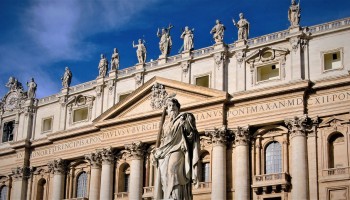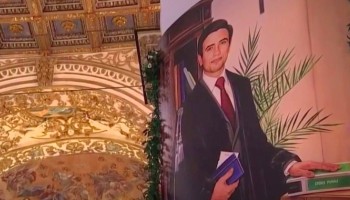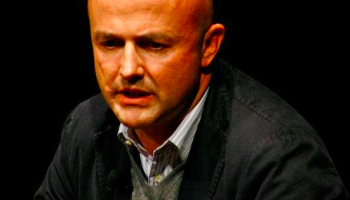Dormant accounts with small balances and no activity for a long time were closed as were those that do not meet the bank’s new criteria for doing business with them.
Since Pope Francis was elected, he has prioritized rebuilding the smeared image of the bank. In recent years, the bank has come under international pressure from anti-money-laundering and antiterrorist financing regulators, who suspected its history of secret financial operations allowed it to be used as a tax haven, reports the Financial Times.
The accounts of 750 clients, with assets worth around US $272 million, were closed after a probe by US financial risk group Promontory discovered they had no right to do banking with the Vatican.
As a result of restructuring, the bank recorded a loss of profits from US $117 million in 2012 to US $3.9 million in 2013. The bank now restricts account holders to Catholic institutions, clergy, employees or former employees of the Vatican, and embassies and diplomats accredited to the Holy See, said in the report.
Outgoing bank president Ernst von Freyburg, a German banker elected last year by Pope Benedict, has been at the forefront of the restructuring and has approached the bank’s reform with “zero tolerance for any suspicious activity.”
“It is fair to say that over the past few months this often painful but very necessary process has opened the door to a new, unburdened future of the IOR,” said Freyberg.
Freyburg has been replaced by French businessman Jean Baptiste Franssu, reports ABC News.
The Vatican Bank’s official name is the Institute for the Works of Religion. It is a private institute located in Vatican City whose purpose is to safeguard and handle funds intended for charity or works of religion. It does not lend money.
It is dubbed the “most secret bank in the world” because little is known about its daily operations and transactions, and it has had a troubled history since its founding in 1942.
The bank was the main shareholder of Banco Ambrosiano, which collapsed in 1982 due to accusations of money laundering for the Sicilian mafia, reports the Financial Times. That year, the chairman of the collapsed bank Roberto Calvi was found hanging from the Blackfriars Bridge in London in a suspected murder by mobsters.
One of the most recent scandals involves Monsignor Nunzio Scarano, a former top Vatican accountant with close ties to the bank who is on trial. He is accused of involvement in a conspiracy to smuggle around US $27 million in cash into Italy from Switzerland.




